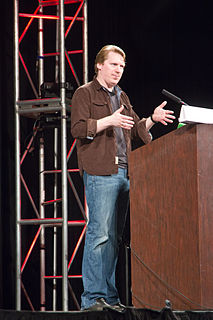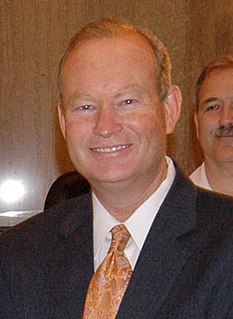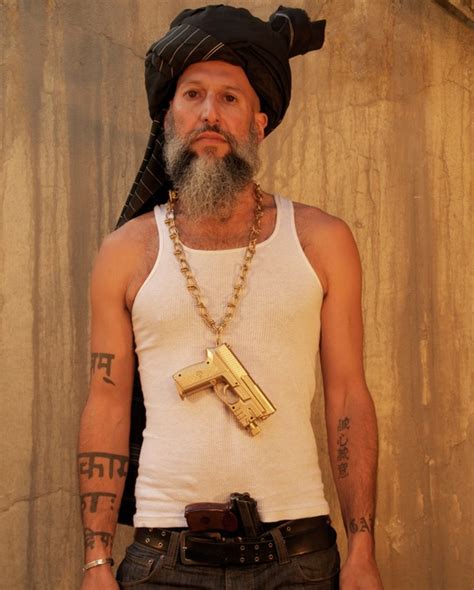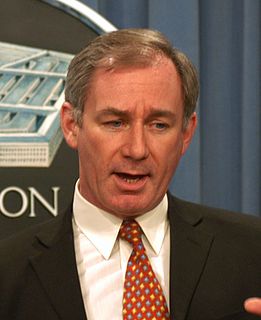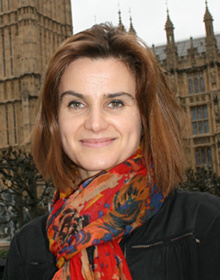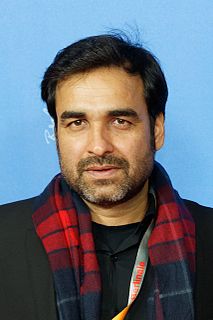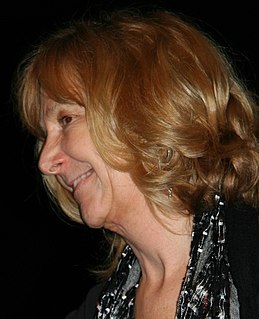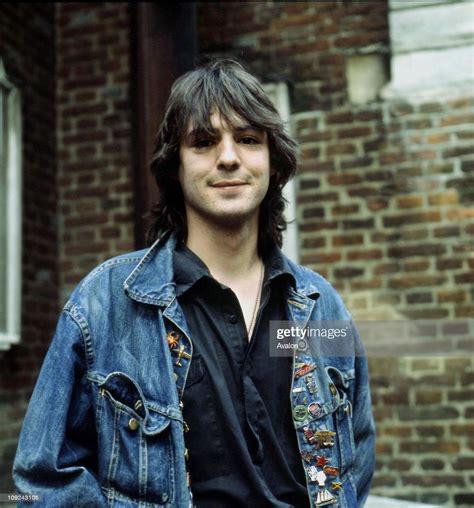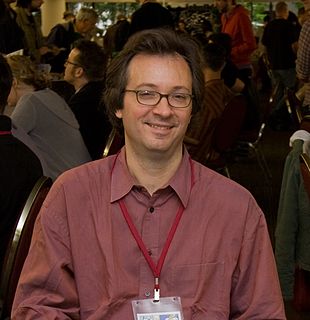Top 68 Kabul Quotes & Sayings
Explore popular Kabul quotes.
Last updated on April 13, 2025.
I returned to Kabul after a 27-year absence. I came away with some optimism but not as much as I had hoped for. The two major issues in Afghanistan are a lack of security outside Kabul (particularly in the south and east) and the powerful warlords ruling over the provinces with little or no allegiance to the central government. The other rapidly rising concern is the narcotic trade which, if not dealt with, may turn Afghanistan into another Bolivia or Colombia.
The warlords took part in atrocities during the civil war in Afghanistan. They looted, they raped, they killed. They have become incredibly empowered and entrenched. They live in mansions, they have jobs in the government, and they're incredibly powerful. In Kabul, people don't want to speak about it too publicly, because these people are essentially like Tony Soprano.
The [George W.] Bush administration tripled its aid package to Afghanistan. [Hamid] Karzai finally (and courageously) announced that warlords will be forbidden from holding office in the future government. And finally, NATO agreed to expand the peacekeeping forces to troubled areas outside of Kabul.
After the war in Afghanistan, Anna [Wintour, editor of Vogue], deciding to save the world one hair-roller at a time, thought the best way to help the women in this beleaguered country was to start a small beauty school in Kabul, where aid workers could get their roots done. Vanity Fair, edited by Bush-basher Graydon Carter, cheered her great humanitarian effort.
I went to Afghanistan in '96 to write about terrorist training camps south of Jalalabad and Tora Bora, in the mountains. I was there right before the Taliban took over, literally a few weeks before they took Kabul. The frontline wasn't terribly active, but it was definitely there. And they swept into power.
Americans have eliminated Iran's worst enemies, the Taliban in Afghanistan and Saddam [Hussein]. I occasionally threatened my Iranian counterpart in Kabul that one day I would send him a big bill for what we did. But, seriously, Iran is pursuing a dual strategy in Iraq. On the one hand, the Iranians, after decades of hostility, are now interested in good relations. On the other hand, they want to keep the country weak and dominate the region.
Since the 1950s (until the early 1990s), girls in Kabul and other cities attended schools. Half of university students were women, and women made up 40 percent of Afghanistan’s doctors, 70 percent of its teachers and 30 percent of its civil servants. A small number of women even held important political posts as members of Parliament and judges. Most women did not wear the burqa.
The future of Afghanistan is incredibly dark, and decisions are happening incredibly quickly. Speculation is a fool's game, but I've seen many political projections that look like the Taliban could hold most of the country, and possibly Kabul, within perhaps a short time. I can't imagine how Afghanistan's fall isn't going to be ten times faster than Iraq's. The role of women in that space is terrifying, and the idea of retribution is a nightmare.
People don't dream all their lives of escaping the hellish countries they live in and pay their life savings to underworld types for the privilege of being locked up in a freezing, filthy, stinking container ship and hauled like cargo for weeks until they finally arrive in Moscow or Beijing or Baghdad or Kabul. People risk their lives to come here---to New York. The greatest city in the world, where dreams become reality.
Deborah Rodriguez went to Afghanistan to transform her own life and ended up revolutionizing the lives of many of her Afghan sisters. This book made me feel like I was right there in the beauty salon, sharing in the tears and laughter as, outside my door, an entire country changed. KABUL BEAUTY SCHOOL is inspiring, exciting, and not to be missed.
I wanted to tell them that, in Kabul, we snapped a tree branch and used it as a credit card. Hassan and I would take the wooden stick to the bread maker. He'd carve notches on our stick with his knife, one notch for each loaf of naan he'd pull for us from the tandoor's roaring flames. At the end of the month, my father paid him for the number of notches on the stick. That was it. No questions. No ID.
The Pashtuns feel discriminated against by the Americans because they supported the Taliban and the war is still going on in their region with continued U.S. bombing. They are also disgruntled at the overwhelming power of their ethnic rivals the Tajiks, who dominate the security forces in Kabul and control the key levers of political power. Although Karzai is a Pashtun also, many Pashtuns consider him a hostage to the Tajiks and Americans.
In early 1999, I was watching TV, when I came across a story on Afghanistan. It was a story about the Taliban and the restrictions they were imposing on the Afghan people, most notably women. At some point in the story, there was a casual reference to them having banned the game of kite fighting. This detail struck a personal chord with me, as I had grown up in Kabul flying kite with my friends.
I want my fellow citizens to wise up and stop falling for [war]. I try with my limited access, I'm not getting into Kabul with a camera, they're not letting me get into Benghazi with a camera. I do what I can with my flimsy American passport and a visa. The photos are a bit more heavy from Southern Sudan and Haiti and Cuba.
There was a time when the women of Afghanistan - at least in Kabul - were out there. They were allowed to study, they were doctors and surgeons, walking free, wearing what they wanted. That was when it was under Soviet occupation. Then the United States starts funding the mujahideen. Reagan called them Afghanistan's "founding fathers." It reincarnates the idea of "jehad," virtually creates the Taliban.
I think entrepreneurs are born and not created, and so I think you see a lot of similarities among entrepreneurs in different parts of the world. Their backdrop may be very different, but their drive to create a business and to create jobs remains very much the same, whether it's in Silicon Valley or Kandahar or Kabul.
Pashtun nationalism is reasserting itself. Its political history spans several hundred years. The Pashtuns are angry at the Americans because, one, they're still being bombed, and two, they perceive that the Americans are backing the Tajik faction, which controls the army and security forces in Kabul.
My memories of Kabul are vastly different than the way it is when I go there now. My memories are of the final years before everything changed. When I grew up in Kabul, it couldn't be mistaken for Beirut or Tehran, as it was still in a country that's essentially religious and conservative, but it was suprisingly progressive and liberal.
When the Taliban captured Kabul in 1996 after a searing, four-year civil war, they immediately instituted laws which fit their utopic vision of the time of Islam's founding more than 1,300 years earlier. Afghan women's lives offered the most visible sign of the imagined past to which Afghanistan's present was to be returned.



